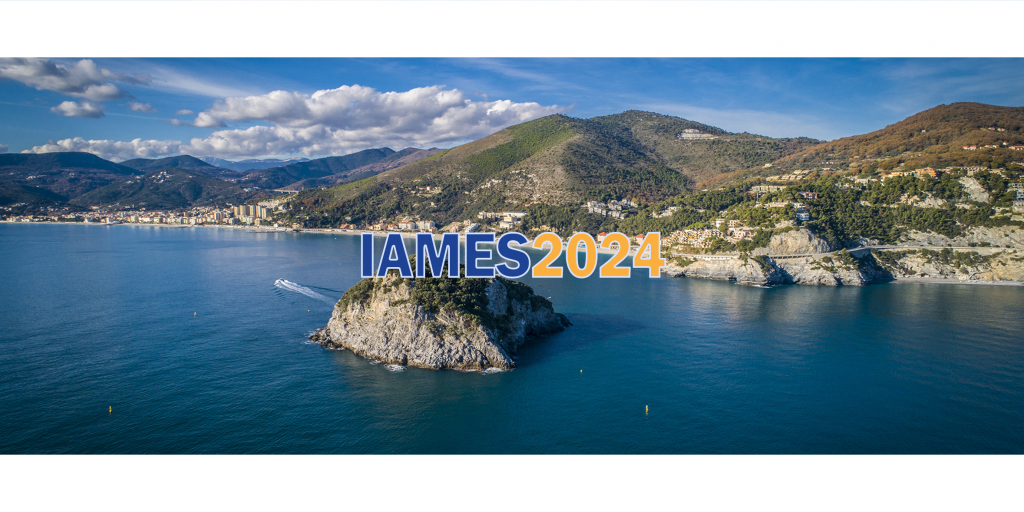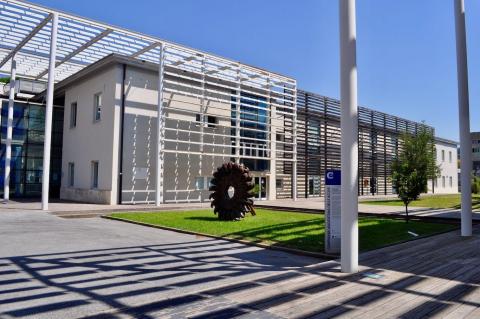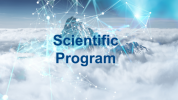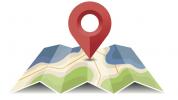3rd IFAC Workshop on Integrated Assessment Modeling for Environmental Systems
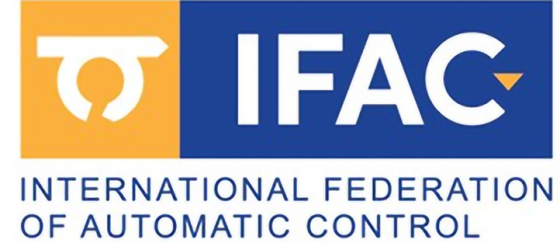
| 
| 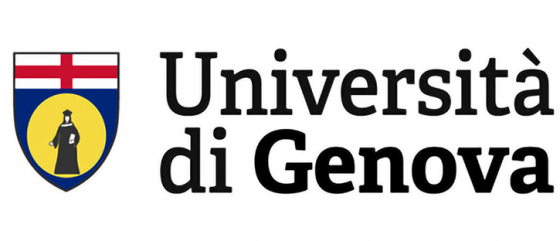
|
Thank you all for participating, see you next time!
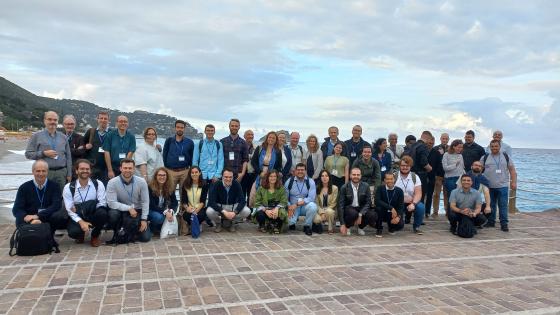
Here you can find some pictures from IAMES2024!
Savona, Italy, 29-31 May 2024
IAMES2024 is the third workshop focused on environmental modelling and integrated impact assessment that will be organized at the Savona Campus of the University of Genova. These topics generally involve scientists from different disciplines, enterprises, policy makers, and other stakeholders for monitoring, management, and planning of environmental systems, and it finds application in multiple domains (risk management, pollution, social and life sciences, economics, power and energy, circular economy, …) in an integrated way. These topics are currently more and more interesting because of the high interest at the international level for environmental and energy sustainability, taking into account environmental impacts, economic issues, new technologies (energy production from renewables, smart grids, smart buildings, electric vehicles, storage systems, etc.), and new management tools (building automation systems, energy management systems, etc.). The methods and models that are particularly important to discuss in this workshop are those typical of automation and systems engineering: identification of models and simulation, data collection and elaboration, optimization, and control. It will serve as an international forum for interaction among scientists, enterprises, and decision-makers who are interested in defining, testing, and promoting models and methods to support policies for climate change, water resources management, air quality, agriculture, energy management, and any other activity that has an impact on human life or the environment itself.
The workshop, through round tables and special sessions, will include a focus on:
- natural risk management (in collaboration with CIMA Foundation International research center),
- environmental sustainability (in collaboration with the Liguria Innovation Pole on Energy, Environment and Sustainability (EASS),
- energy management (due to Savona Campus's peculiarities that include a smart polygeneration microgrid and a smart energy building).
Moreover, there will be a strong connection with companies thanks to the involvement of EASS and START 4.0 (National Competence Center on security and optimization of strategic infrastructures (https://www.start4-0.it/)). This will be also strengthened by the possibility of presenting discussion papers, which are submitted with the goal of being only presented at the conference, in order to get feedback and generate discussion with participants or disseminate some innovation projects, without generating a publication.
- Modelling and control of environmental systems
- Integrated assessment modeling
- Models and tools to reduce pollution (air, water, soil)
- Environmental monitoring
- Natural risk management (floods, forest fires, hurricanes, earthquakes, etc.)
- Forecasting of environmental parameters
- Technological risk management (dangerous goods and industrial risk)
- Biotechnological systems
- Integrated water management
- Energy management systems
- Power and energy systems
- Smart grids and smart building
- Sustainable mobility
- Renewable Energy
- GIS-based decision support systems
- Real case studies
In this framework, from a methodological point of view attention will be posed on:
- Modelling and simulation
- Scenario analysis
- Optimization
- Model predictive control
- Optimal control
- Systems’ identification techniques
- Machine learning techniques
- Discrete Event Dynamic Systems
Accepted papers will be published in IFAC-PapersOnLine (Elsevier)
Copyright conditions: All publication material submitted for presentation at an IFAC-sponsored meeting (Congress, Symposium, Conference, Workshop) must be original and hence cannot be already published, nor can it be under review elsewhere. The authors take responsibility for the material that has been submitted. IFAC-sponsored conferences will abide by the highest standard of ethical behavior in the review process as explained on the Elsevier webpage (https://www.elsevier.com/authors/journal-authors/policies-and-ethics), and the authors will abide by the IFAC publication ethics guidelines (https://www.ifac-control.org/events/organizers-guide/PublicationEthicsGuidelines.pdf/view). Accepted papers that have been presented at an IFAC meeting will be published in the proceedings of the event using the open-access IFAC-PapersOnLine series hosted on ScienceDirect (https://sciencedirect.com/). To this end, the author(s) must grant exclusive publishing rights to IFAC under a Creative Commons license when they submit the final version of the paper. The copyright belongs to the authors, who have the right to share the paper in the same terms allowed by the end user license, and retain all patent, trademark and other intellectual property rights (including research data )

| 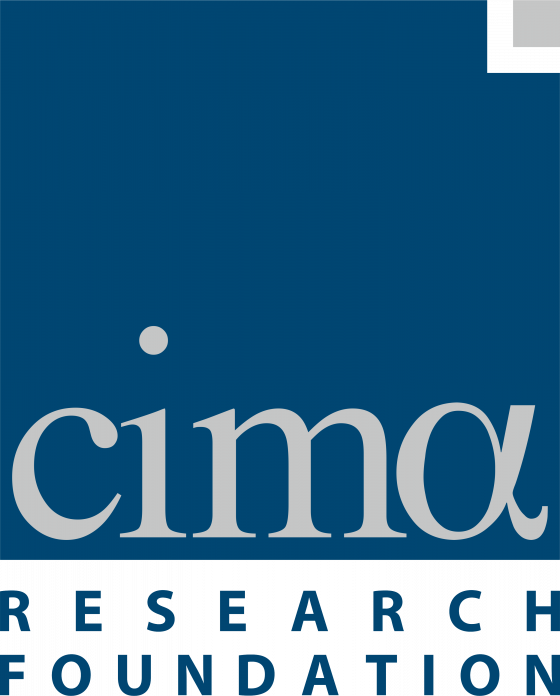
| 
| 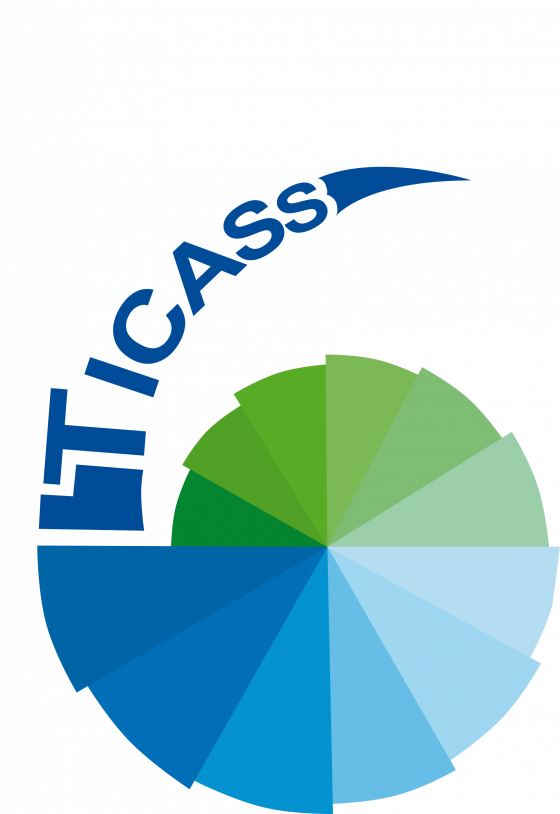
| 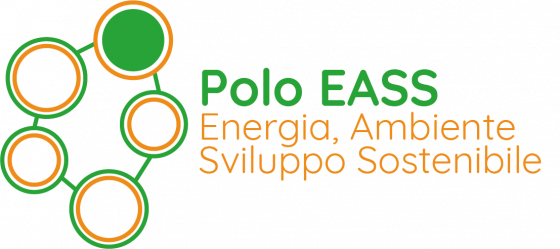
| 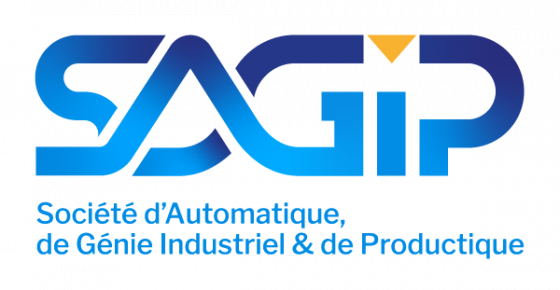
| 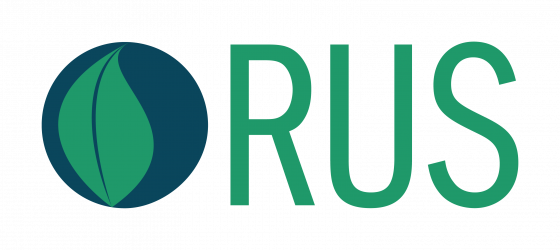
|
